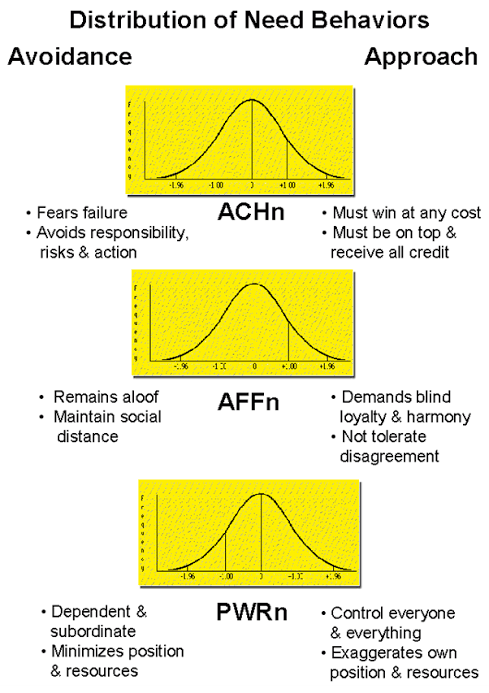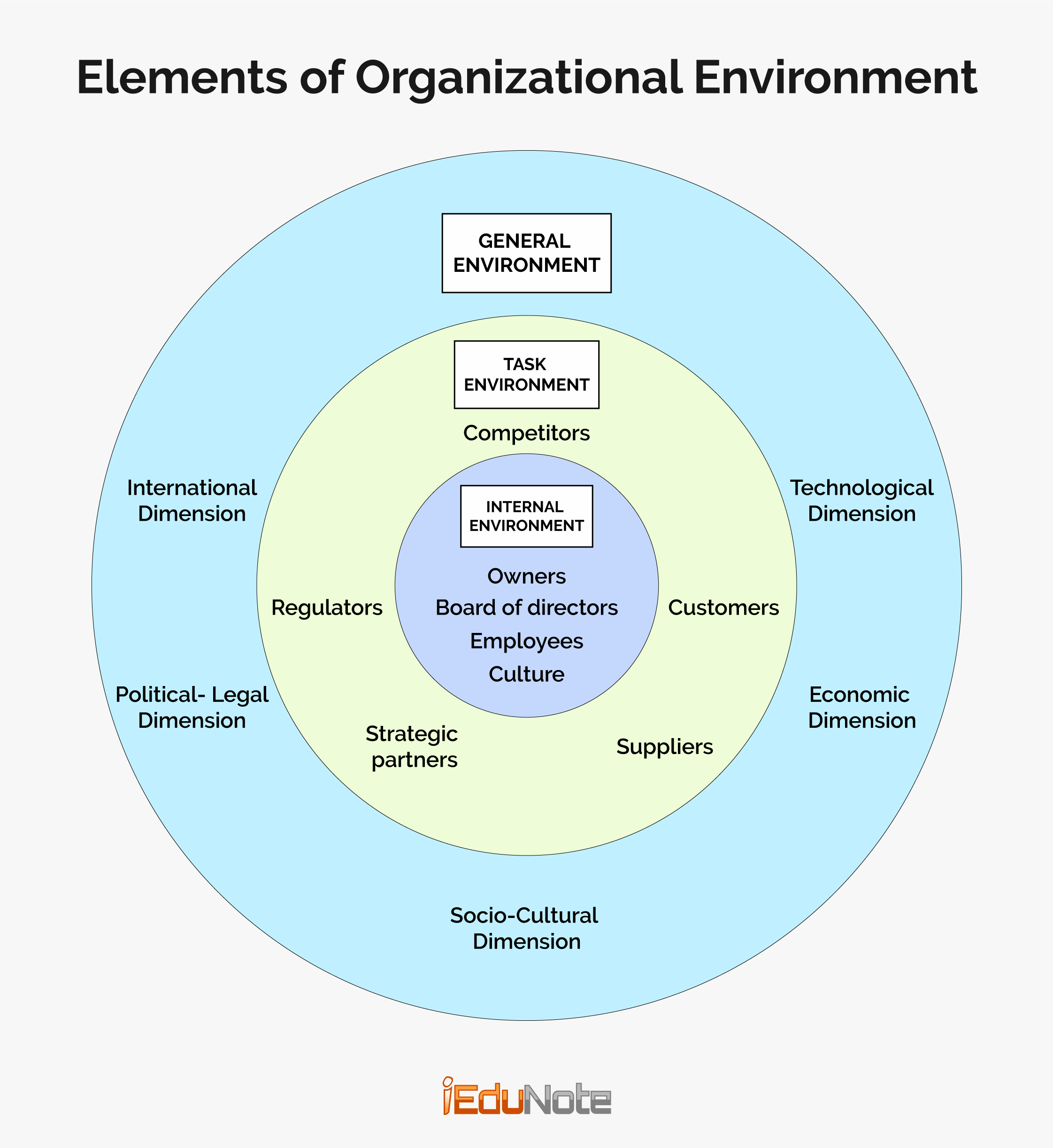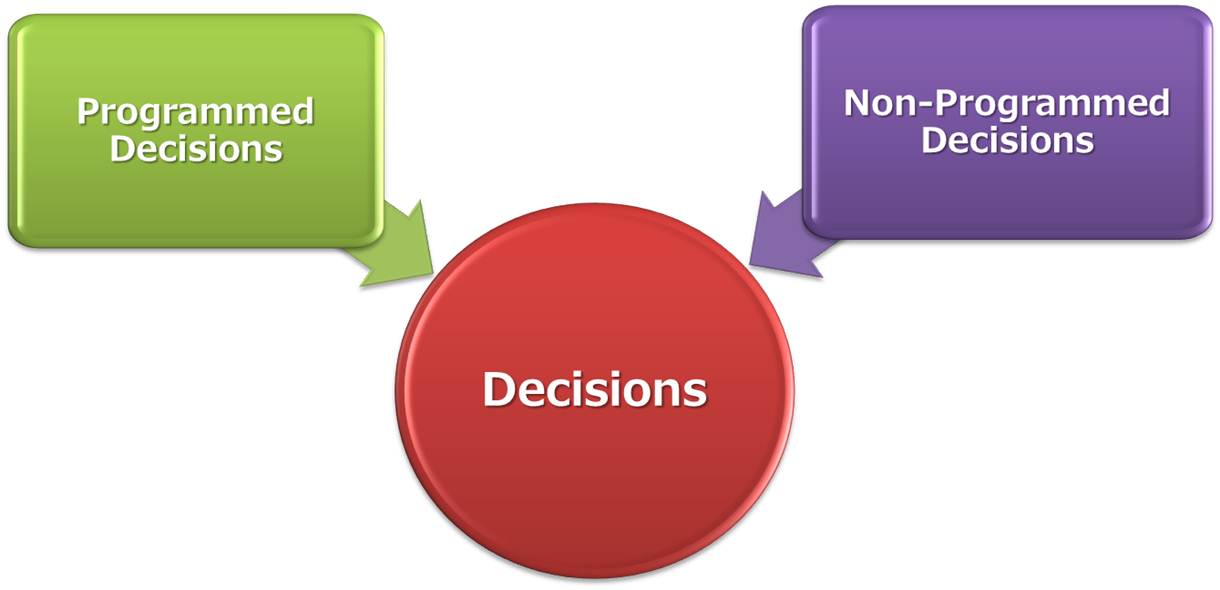Acquired needs theory studies individuals’ needs and classifies them into three motivating drivers, need for achievement, power or affiliation.
In acquired needs theory, McClelland proposes each person falls into one three types of needs based on personal preference and personal experience of that person.
David McClelland describes how an individual’s life experiences can change the type of individual needs over time.
McClelland suggested that regardless of our gender, culture, or age, we all have three motivating drivers, and one of these will be our dominant motivating driver.
This dominant motivator is largely dependent on our culture and life experiences.
David C. McClelland’s acquired needs theory is also known as “human motivation theory “, “Motivational Needs Theory. It is used to understand the need for employees and create a strategy for the motivating process in the organization.
Acquired Needs Theory Classifies Needs in 3 Types
- Need for achievement (nAch).
- Need for power (nPow).
- Need for affiliation (nAfl).
1. Need for Achievement (nAch)
The drive to excel, to achieve a set of standards, to strive to succeed. The theory focuses on three needs: achievement, power, and affiliation.
Some people have a compelling drive to succeed. They are striving for personal achievement rather than the rewards of success per se. This drive is the achievement need (nAch).
McClelland found that high achievers differentiate themselves from others by their desire to do things better;
Features of people with Need for achievement (nAch);
- They seek personal responsibility for finding solutions to problems.
- They want to receive rapid feedback on their performance so they can tell easily whether they are improving or not.
- They can set moderately challenging goals. High achievers are not gamblers; they dislike succeeding by chance.
- High achievers perform best when they perceive their probability of success as 50-50.
- They like to set goals that require stretching themselves a little.
2. Need for Power (nPow)
The need to make others behave in a way that they would not have behaved otherwise.
Need for power (nPow) features are;
- The desire to have an impact, to be influential, and to control others.
- Individuals high in nPow enjoy being “in charge.”
- Strive for influence over others.
- Prefer to be placed into competitive and status-oriented situations.
- Tend to be more concerned with prestige and gaining influence over others than with effective performance.
3. Need for Affiliation (nAfl)
The desire for friendly and close interpersonal relationships.
Features of Need for affiliation (nAfl) are;
- This need has received the least attention from researchers.
- Individuals with a high affiliation motive strive for friendship.
- Prefer cooperative situations rather than competitive ones.
- Desire relationships involving a high degree of mutual understanding.

Relying on an extensive amount of research, some reasonably well-supported predictions can be made based on the relationship between achievement need and job performance;
- First, individuals with a high need to achieve prefer job situations with personal responsibility, feedback, and an intermediate degree of risk. When these characteristics are prevalent, high achievers will be strongly motivated.
- Second, a high need to achieve docs not necessarily lead to being a good manager, especially in large organizations People with a high achievement need are interested in how well they do personally and not in influencing others to do well.
- Third, the needs for affiliation and power tend to be closely related to managerial success. The best managers are high in their need for power and low in their need for affiliation.
- Finally, employees have been successfully trained to stimulate their achievement need.
Trainers have been effective in teaching individuals to think in terms of accomplishments, winning, and success, and then helping them to learn how to act in a high achievement way by preferring situations where they have personal responsibility, feedback, and moderate risks.

